Best Practices used in the Disposal of E‑Waste
Disposal of E-Waste
Electronics are ubiquitous and a vital part of our everyday life. Our businesses, health, communication, education, politics, and just every other aspect of human life depend on technology and electronic devices. With the current astronomical rate of technological advancement, it is no wonder that electronic waste, or e-waste, has become the fastest-growing stream of solid waste in the world. The importance of disposal of e-waste is growing each year. Millions of devices come to the end of their useful lives or are rendered obsolete by advancing technologies every year. Unfortunately, while technology makes quantum leaps, our disposal of e-waste leaves a lot to be desired. Few companies in Canada and the rest of the world follow the best practices used in the disposal of e-waste.
The best practices used in disposal of e-waste include:
- Donation.
- Extending the life of your electronics.
- Engaging the services of a certified recycler.
- Leveraging the power of cloud computing.
- Using trade-in programs to upgrade your devices and electronics.
We will explore the importance of e-waste disposal and examine each of these best practices further.
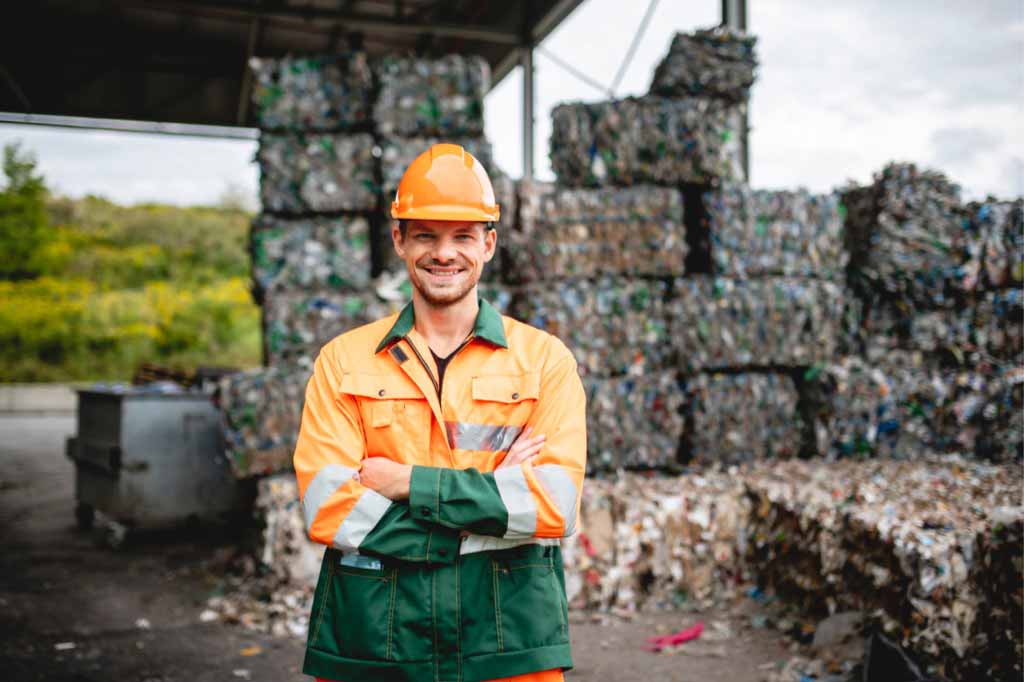
Importance of Proper E-Waste Disposal
Many people understand the general importance of recycling, but what of the particular importance of proper e-waste disposal? For starters, electronic devices are rich sources of valuable raw materials and metals such as gold, copper, aluminum, cobalt, indium, antimony, and palladium- to mention a few. If e-waste is recycled correctly, these valuable materials can be repurposed, reducing the need to mine them fresh from the earth.
Another importance of proper e-waste disposal is the reduction of solid waste production. Precious minerals and metals aside, electronic devices are also made up of other materials such as plastic and ceramic. Proper e-waste disposal ensures that these different forms of waste that do not decompose easily do not end up in landfills polluting our environment. Finally, another critical importance of proper e-waste disposal is the reduction of carbon emissions. Companies that use recycled materials to manufacture new products expend less energy than they would if they mined and sourced for brand new raw materials. Proper e-waste disposal is a win for humans everywhere, in the environment, for our health, and even from a commercial perspective.
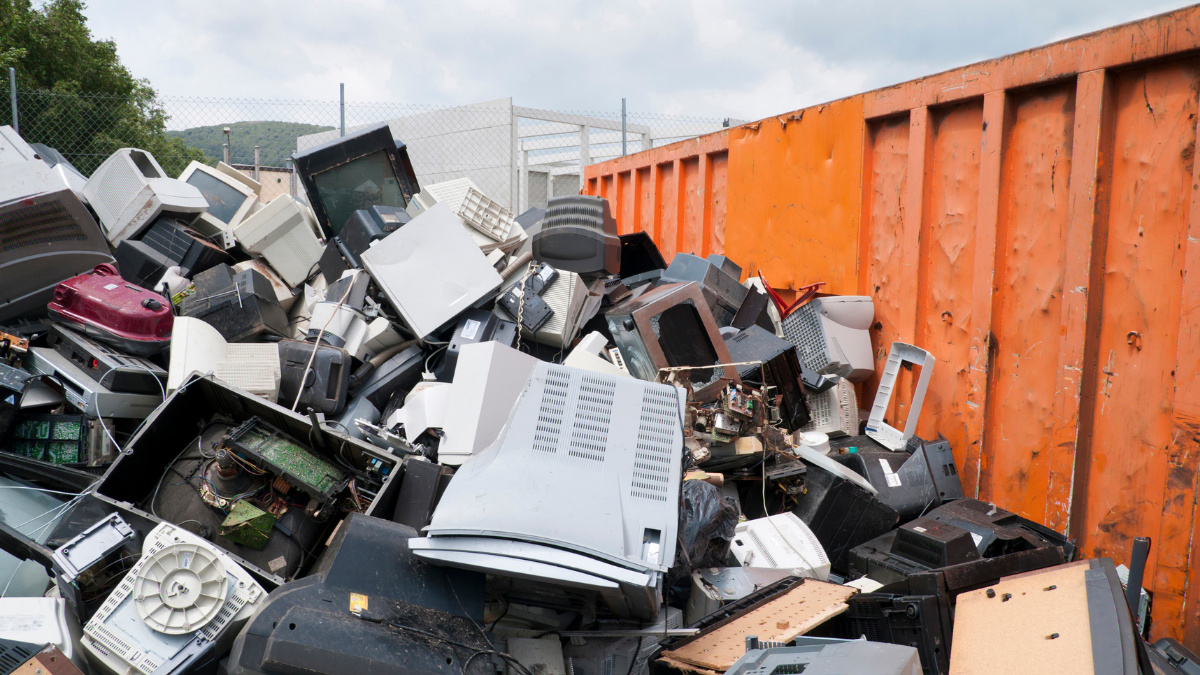

Make an Informed Decision
E-Waste Disposal Best Practices
There four main reasons to recycle e-waste:

Donation
Donating old or unwanted electronic devices is one of the best practices in the disposal of e-waste. E-waste cannot be completely recycled or destroyed, given the nature of the materials used in its manufacture, so the best way to dispose of your e-waste would be to donate to worthy causes that may benefit.
Canada has multiple non-profit organizations that recycle e-waste as donations. These include REBOOT Canada, Electronic Recycling Association, Free Geek Vancouver, and Habitat for Humanity Heartland Ontario. These organizations can donate your e-waste to schools, programs, children’s safety groups, shelters, and other causes that greatly benefit society.
Work with a Certified Recycler
Perhaps the next best practice used in the disposal of e-waste is finding a certified and trustworthy recycler. Recycling companies are your best bet in ensuring that all your electronic waste is properly and safely recycled. Your recycling partner of choice must be officially certified. Certified recyclers simplify the entire process for you, give you guarantees that they have destroyed all sensitive data before any recycling measure is taken, and are committed to preserving the environment through safe and verifiable disposal methods. Some organizations are hesitant to dispose or recycle electronic waste because of the sensitive personal or company data that is stored in their devices, but a professional e-waste recycling company’s top priority is the secure and complete destruction of all data on your devices.
When choosing or approaching a potential e-waste recycler, ask them about their recycling process and certifications. Their recycling processes must be transparent from pick-up to disposal and align with your company’s environmental and social responsibility policies. A professional recycling company that understands the importance of proper disposal of e-waste can help you protect the environment, meet all provincial regulations, and ensuring the overall safety of everyone involved in the disposal of e-waste.

Extending the Life of your Electronics
A significant contribution to the growing e-waste is our perceived over-consumption. Technology companies constantly outdo themselves to churn out the newest and most cutting-edge advances in communication and computing. But, the million-dollar question is, do we need to buy every product sold to us? Does an organization need the latest laptop or mobile phones for all its employees? Buying less and buying responsibly can be a simple best practice you can take to minimize your e-waste. To maintain your current devices, make sure they are well maintained and follow the manufacturer’s usage instructions.
As you consider buying your next IT assets, re-evaluate your choices and decisions. Do you need extra phones or computing devices? Has your current equipment indeed outlived its usefulness? If possible, put off your next purchase until necessary and aim at buying devices with multiple functionalities. Such a simple act will go a long way in reducing your e-waste and carbon footprint.
Leverage Cloud Computing
Cloud computing is a viable and proactive best practice to reduce the disposal of e-waste by helping your organization to avoid purchasing storage equipment, thereby allowing you to reduce your e-waste. Cloud computing involves storing and managing data on a network of services managed by a third party on the internet. This reduces the demand for hard drives and storage needs and does away with device purchases and subsequent maintenance. Migrating to cloud computing reduces the need to purchase, repair, or often repurchase computing hardware.

Upgrade with Trade-Ins
Upgrades are necessary for businesses that want to stay ahead and in step with all the remarkable technological advances but wish to do so in an environmentally responsible manner. One of the best practices used in the disposal of e-waste is upgrading your current equipment through trade-ins with manufacturers. Most original equipment manufacturers (OEM) offer e-waste recycling programs that allow you to trade in your old devices for new ones. Manufacturers such as Dell, Apple, Sony, Samsung, and LG have send-back programs that you can leverage for e-waste recycling.
Another area of this best practice used in the disposal of e-waste is retailer trade-ins. Some retailers may take back old electronics purchased at their stores, especially if you intend to buy new replacements with them. Best Buy is an excellent example of this, having recycled more than 2 billion pounds of electronics and appliances since 2009.
Conclusion
Electronic waste continues to be a growing hazard for the world. Employing these best practices used in the disposal of e-waste will help close the gap between our consumption and the rapid obsolescence of electronic devices.
Partnering with TechReset as your professional e-waste recycler guarantees the following:
- Your e-waste is properly assessed (complete with an audit report)
- All data, confidential or otherwise, is completely erased.
- All e-waste is recycled, repurposed, redeployed, or disposed of in line with federal and provincial guidelines to the highest standards that ensure the safety of people and the environment.
Our accreditation and the certificates and reports that document the work we carry out on your behalf add to your environmental credentials and reduce your carbon footprint while ensuring that all your safety and security needs are met. You can continue to meet your business objectives; we will happily take on the hassle of your e-waste recycling. Contact us today for more information.
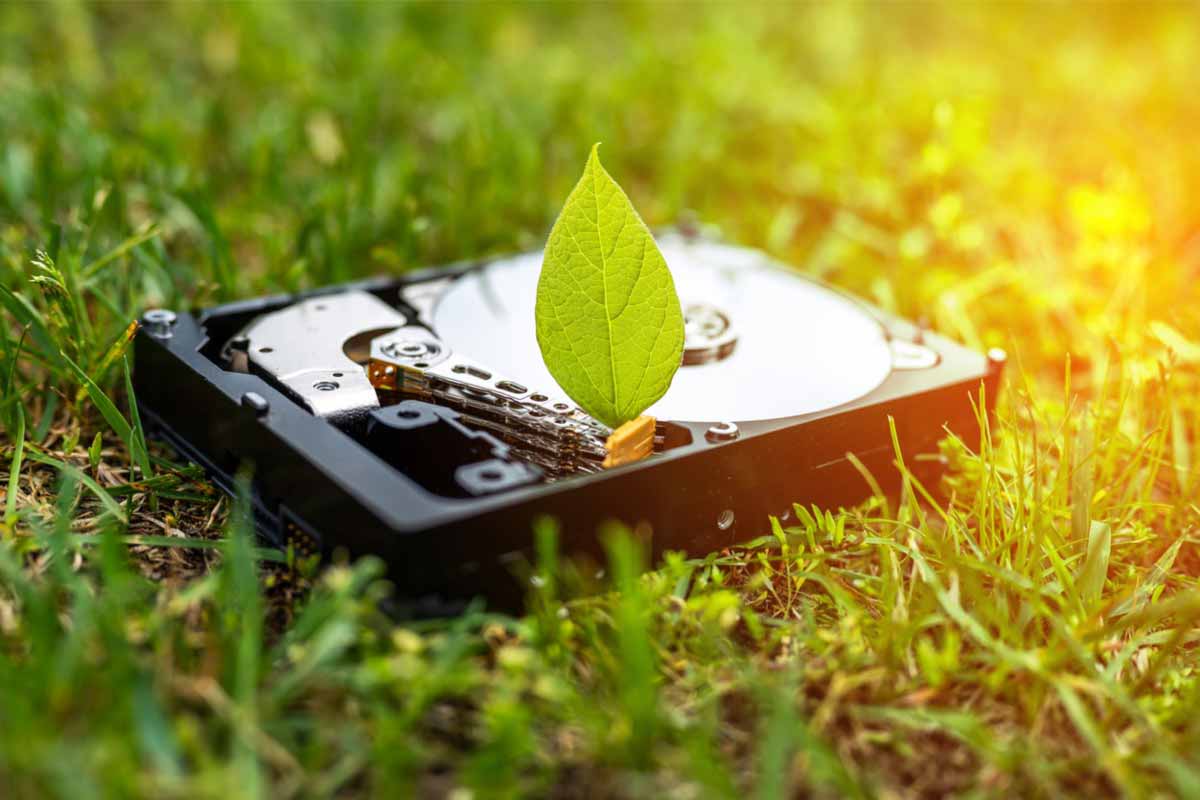

See how we can solve your e-waste recycling needs
Related Posts
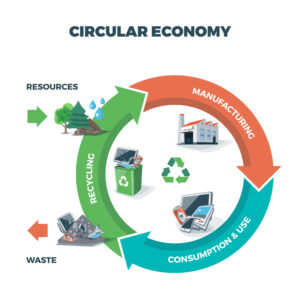
Why Is E-Waste Mainly Concerning?
E-waste is amongst the most noteworthy contributors to the global landfill issue, as just a 5th of electronic devices are recycled. Moreover, electronic products have
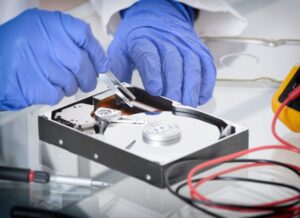
Secure and Safe Data Erasure – A Promising Way To Protect Your Information
Privacy is imperative. You need to ensure that you keep your information safe and sound at all times. You should never share vital details about
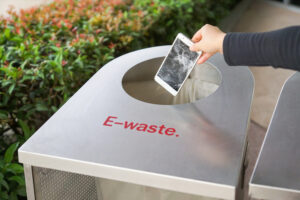
Electronic Waste Disposal & Management – What All Is Involved In The Process?
In contrast to what one might believe when coming across the expression “e-waste disposal”, disposing of electronic waste – in the most environmentally friendly manner,